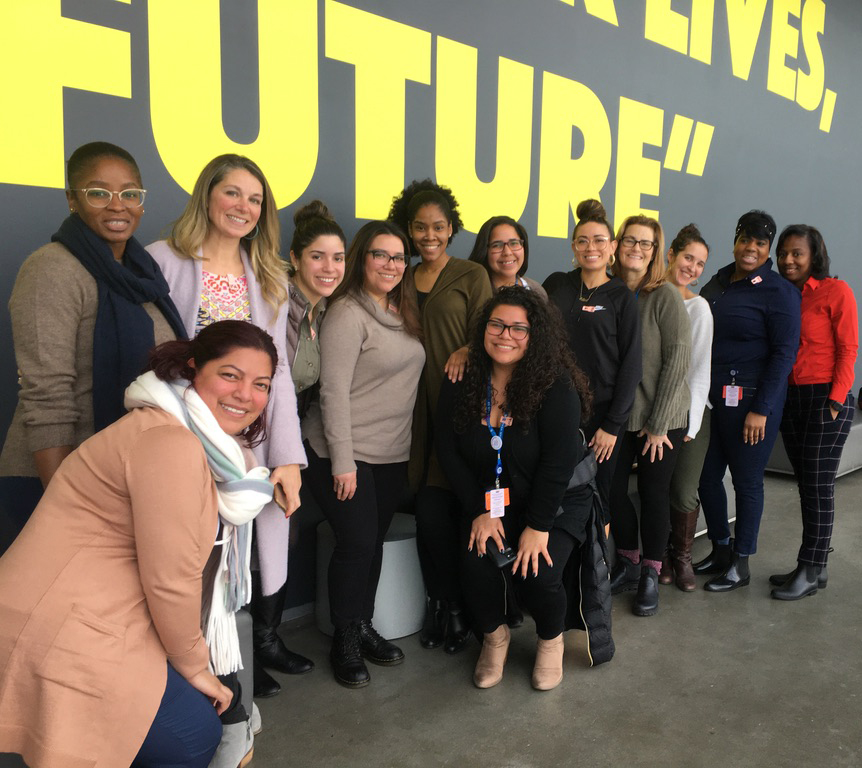The Brigham’s Center for Community Health and Health Equity (CCHHE) was established in 1991 to develop, implement, manage, and evaluate initiatives that minimize health inequities and improve the well-being of those living in its priority neighborhoods of Dorchester, Jamaica Plain, Mattapan, Mission Hill, and Roxbury. CCHHE focus areas include eliminating inequities in infant mortality and cancer care; supporting young parents; promoting youth development and employment through education and career opportunities; and curbing and responding to community, domestic, and interpersonal violence. Three CCHHE programs are highlighted below.
Violence Recovery Program. According to Program Director Mardi Chadwick Balcom, “Our goal with the Violence Intervention and Prevention program is to reduce the burden of violence in Boston by providing comprehensive services to patients and families admitted to the Brigham after sustaining any violent intentional injury.” A collaboration between CCHHE and the Division of Trauma, Burn and Surgical Critical Care, the program includes a multidisciplinary team of violence recovery advocates and a mental health clinician who support patients and families both during hospitalization and after discharge. To reach an advocate page #32063 or email violenceintervention@partners.org for non-emergency referrals.
Passageway Program. The Passageway Program is a domestic violence advocacy program that provides support to people experiencing abuse from an intimate partner. Advocates are available to respond in real time to ambulatory patients, in-patients, and providers on the Brigham main campus, at Brigham and Women’s Faulkner Hospital, and at Southern Jamaica Plain and Brookside Community health centers. Passageway advocates work with patients, employees, and community members to develop and support safe, collaborative interventions to domestic violence. Services include safety planning, individual counseling, crisis intervention, referrals to community resources, and medical, legal, and courts advocacy, and referrals to community resources. Advocates are committed to connecting with patients where they are, and all services are free, voluntary, and confidential. To speak with an advocate, call 617-732-8753, page #31808, or email passageway@partners.org for non-emergencies.
Jamaica Plain Neighborhood Trauma Team (JPNTT). The JPNTT provides response and recovery services to individuals and communities experiencing trauma due to community violence in the neighborhood of Jamaica Plain. Services include individual and family support, short-term case management, coping/healing groups, community engagement, support, and informational sessions. A collaborative partnership, JPNTT is one of five Neighborhood Trauma Teams that participate in a city-wide network of hospitals, police departments, and youth and family servicing organizations committed to addressing the burden of community. To reach JPNTT, please call or text Sade Smith at 617-835-9222 or email sjonessmith@bwh.harvard.edu. To reach the Neighborhood Trauma Team 24/7 hotline, call 617-431-0125.

